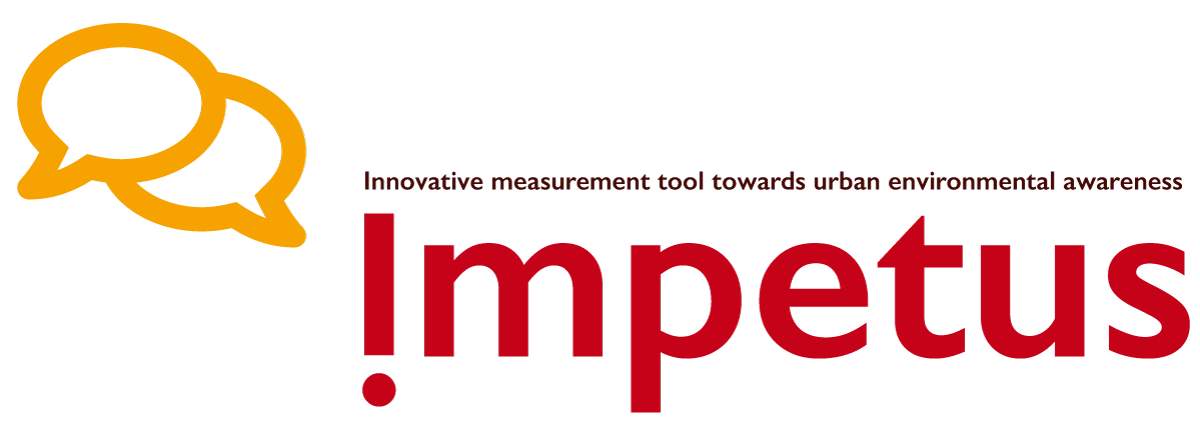
Gdańsk University of Technology (GUT) is the largest technical university in the Pomeranian Region and one of the oldest technical universities in Poland. The first inauguration of the academic year took place on 4th October 1904. Today The university employs over 2600 staff, including nearly 1200 academic teachers (113 titular professors, 165 associate professors and 651 assistant professors). One measure of the university’s achievements in research and development is the yearly contribution of over 2000 publications, of which nearly 300 appear in the world’s most renowned scientific journals on the ISI list and more than 40 are scientific monographs and academic textbooks. The impressive premises of GUT are occupied by 9 faculties, which offer Bachelor’s, Master’s and Doctoral studies conducted in full time and part time systems in many areas of science and technology. GUT provides its students with vast access to information resources localized in specialist departmental computing laboratories, as well as two open laboratories in the Information Technology Centre. GUT is home to the Information Academic Computer Centre in Gdansk (CI TASK). Civil and Environmental Engineering, which will be the Lead Partner, is one of the oldest and the largest faculties at GUT. It has full academic rights – a privilege to grant BSc, MSc, PhD and DSc degrees. At the moment there are almost 200 academic teachers delivering courses for over 4600 students. The faculty conducts daily and extra-mural courses in Civil Engineering, Geodesy and Cartography, Environmental Engineering, and Transportation. The syllabus enables students to obtain detailed and advanced knowledge on different aspects related to Civil Engineering.
GUT has a long experience with coordinating international projects includes EU project.
The research group consists of employees of three units, 1) Department of Water and Wastewater Technology and 2) Department of Geodesy 3) Department of Hydraulic Engineering.
Department of Water and Wastewater Technologies focus on environmental protection technologies, particularly water and sewage treatment, sediment management and waste management. It has the Environmental Laboratory of Water and Wastewater Biotechnology, which consists of four modern science
and didactic laboratories: analytical laboratory, instrumentation laboratory, microbiological laboratory and technological laboratory. Workers conduct physico-chemical and microbiological tests of water, sewage, soil and sediments as well as technological research on water treatment, sewage treatment and sludge management.
Department of Geodesy is an organizational unit as a part of the Faculty of Civil and Environmental Engineering. As the only department at the Gdansk University of Technology, Department of Geodesy realizes subjects which are related with surveying, remote sensing, geographic information systems, real estate management, navigation and GNSS systems, GIS. There are two units, working within the Department of Geodesy. The first one is related to aspects of teaching and training and the second to research and development where the department conducts research projects and technical expertise in the cooperation with business entities and research and development units. The laboratory of the Department of Geodesy has the appropriate software and equipment for geodetic surveys, data analysis and data modelling.
Department of Hydraulic Engineering is one of the units of the Faculty of Civil and Environmental Engineering of the Gdansk University of Technology. Its scientific and research activities cover a wide range of subjects related to the fluid mechanics (hydromechanics), hydraulics and hydrology, the main effort focusing on the two following fields: investigation of the water flow problems in the natural systems; physical and mathematical modeling of the hydraulic structures including the sanitary ones.
GUT has participated in projects reffering to water pollution and climate changes.
